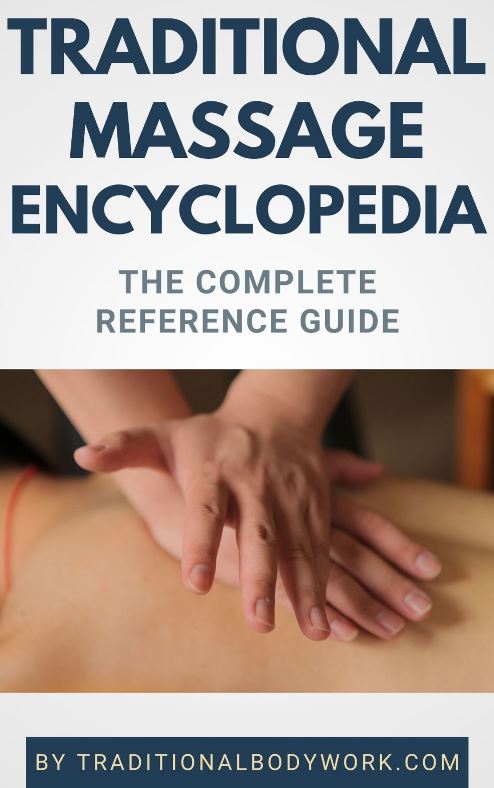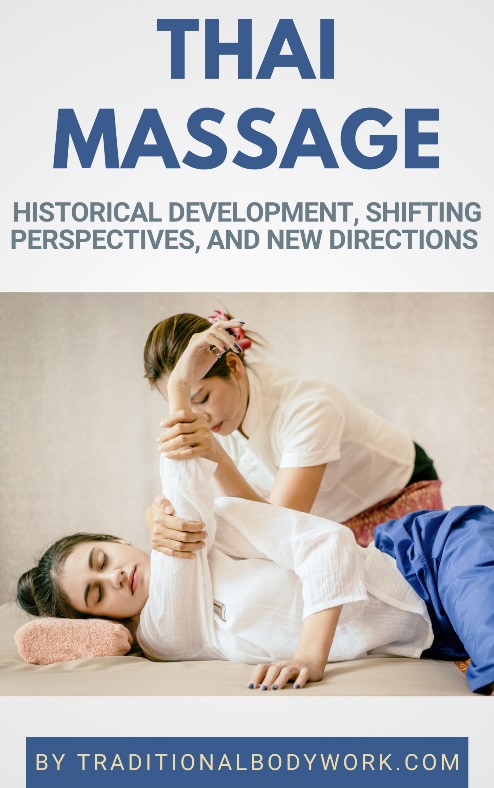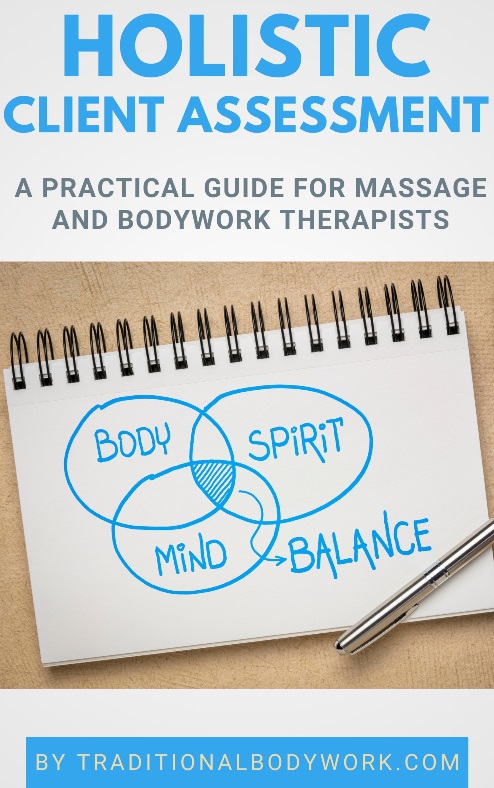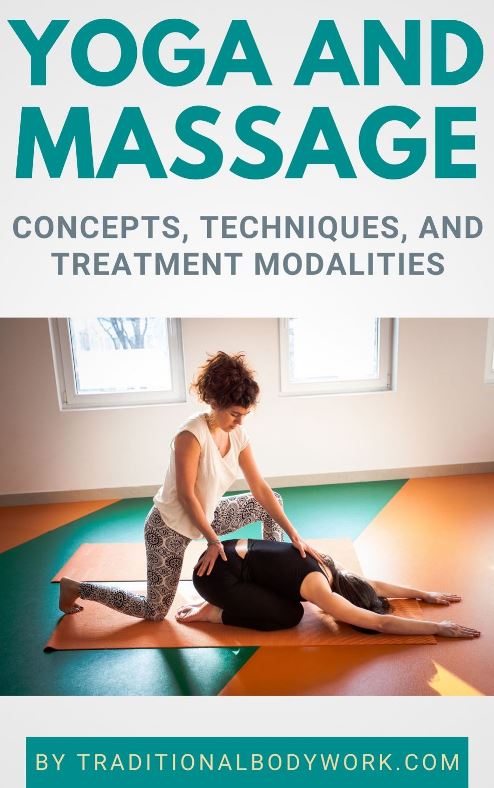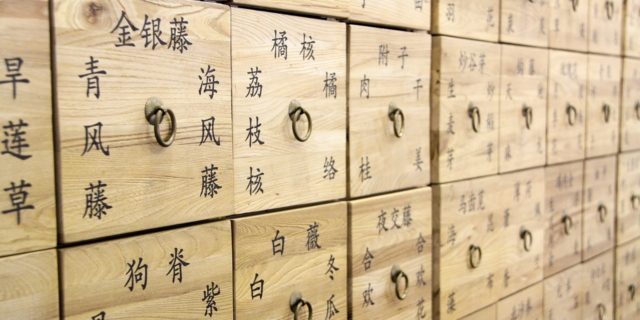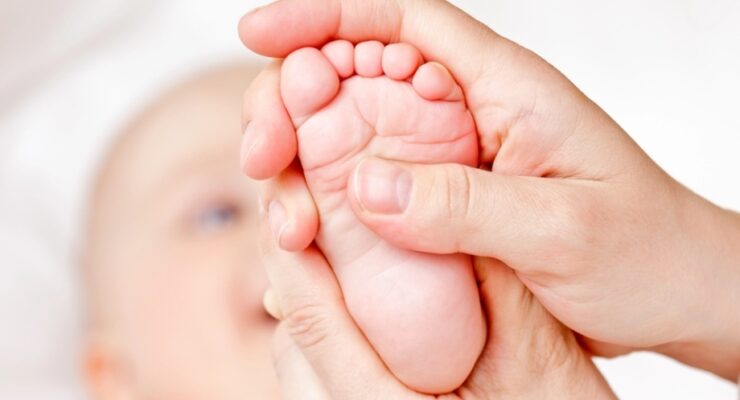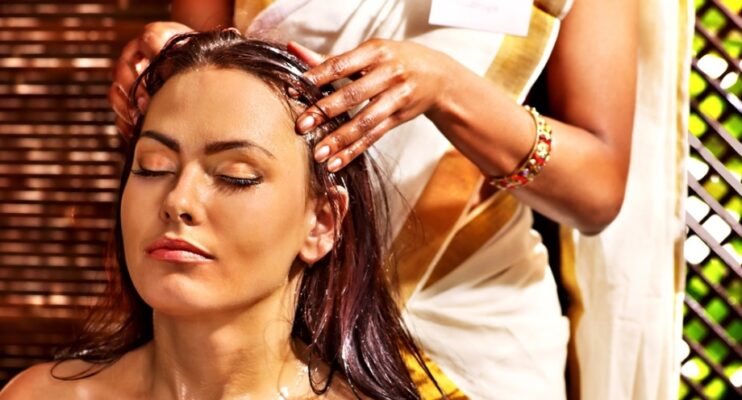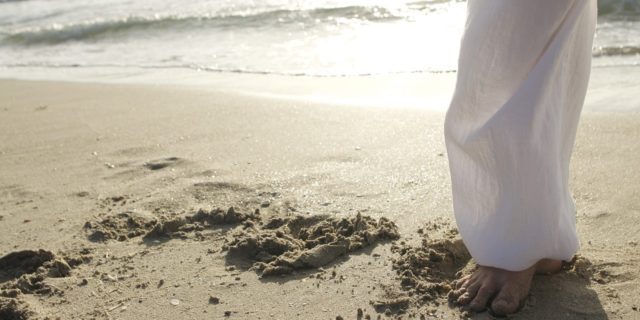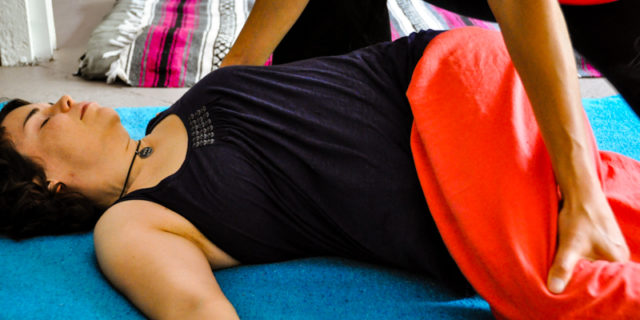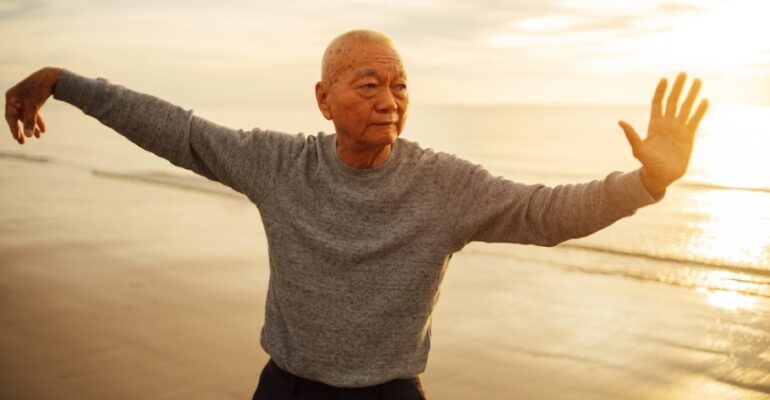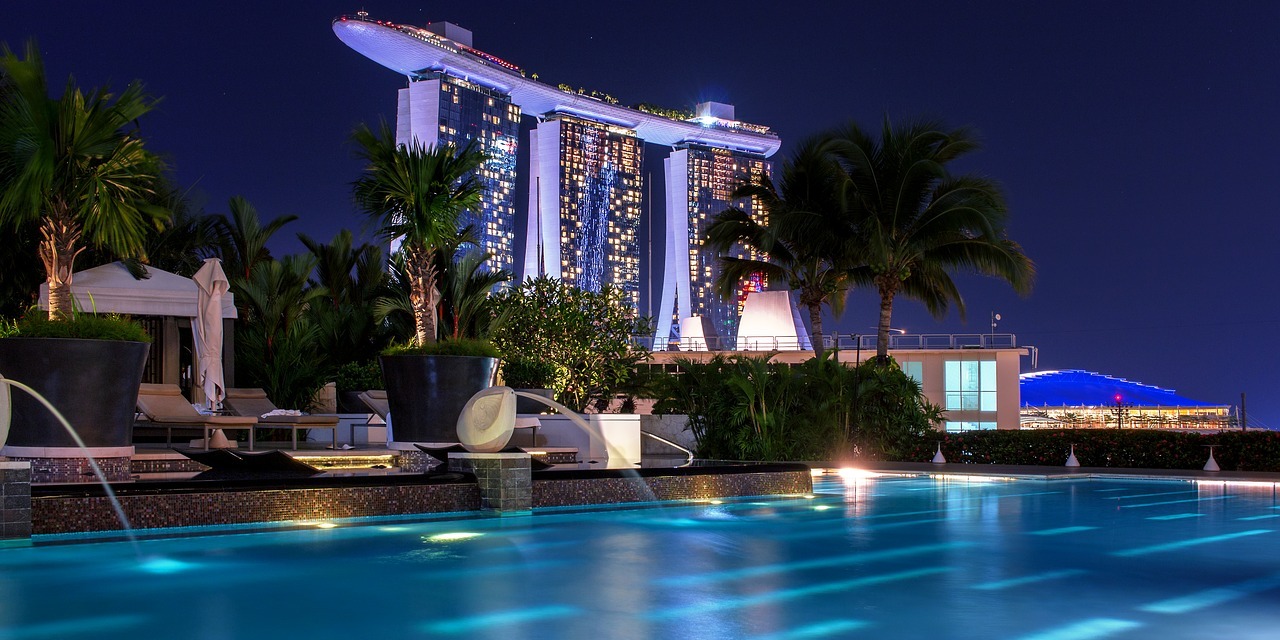
Known for being a highly regulated and orderly country, also the landscape of the Spa, Wellness and Massage training industry in Singapore is rather clear. In this article we take a look at the most common massage and bodywork training courses offered and the way things are organized in the country.
Training Landscape
Singapore is a multi-ethnic, multi-cultural society, although the majority of the population is Chinese or of Chinese origin (about 74%). Other major sections in the population makeup are Malay (about 13%) and Indian (about 9 %).
This is reflected in the kind of massage and bodywork training courses and studies available: Traditional Chinese Medicine (TCM), Indian Ayurvedic Healing Arts & Medicine, Malay and Javanese (Indonesian) Healing modalities.
Perhaps somewhat surprising, Singapore is heavily influenced by Western style massages, notably those common in the more Western based Spa, Beauty & Wellness industry. Think of modalities like Lymphatic Drainage, Swedish Massage, Hot Stone Massage, Facial treatments, Hydro-therapies, Nail Art, and Hair Fashion, and the like. It’s for this sector you will find most of the trainers in Singapore offering courses. The Spa & Wellness training sector, with an abundance of Spa & Wellness academies and centers, is clearly the largest.
Yet, because of the large Chinese population, and the popularity of TCM treatments, TCM education is of a high level, with several colleges & universities and continuing education providers in the country. These institutes are generally well regulated and most of them cooperate and exchange knowledge with renominated TCM universities in China.
Another remarkable training sector is that of Elderly Care and Mother & Child Care. It’s a branch of care and wellness that is well-developed in Singapore. It’s typical of so-called First World countries where, due to a high standard of living and healthcare, citizens get older. As for Mother & Childcare, this also is a sector very well set and typical of First World countries, where women get children at an older age (with all health issues connected to that) and where child care is taken, perhaps exaggeratedly, seriously.
Although tourism forms an important part of the economy, with over 17 million tourists visiting yearly, the Spa & Wellness sector seems less focused on foreigners than, for instance, in Thailand. Nevertheless, like Thailand, Singapore promotes itself as a medical tourism hub and about 200,000 foreigners seek medical care each year.
Moreover, Singapore is an education hub, with more than 100,000 international students yearly, but not so much focused on the Spa & Wellness sector, but rather on a range of other educational branches. In 2009, for instance, about 20% of all students in universities were international students, of which the majority from ASEAN countries, China and India.
Accreditation & Certification
The majority of training courses and massage education curricula are certified by accredited, recognized national and international organizations of which the best known and most commonly found in Singapore are the WSQ, ITEC, CIBTAC, CIDESCO, and NITEC.
WSQ
The WSQ, a very popular and common accreditation in Singapore, is the Singaporian Workforce Skills Qualifications system, which is a national credential system that trains, develops, assesses and certifies skills and competencies for the Singaporean workforce.
ITEC
ITEC is the International Therapy Examination Council, UK based, and provides leading international qualifications, specializing in Beauty & Spa Therapy, Hairdressing, Complementary Therapies, Sports & Fitness Training, among other qualifications.
CIBTAC
The CIBTAC or Confederation of International Beauty Therapy and Cosmetology is based in the United Kingdom, and was established with the goal to provide relevant, high-quality training qualifications within the beauty, complementary & spa industry.
CIDESCO
CIDESCO or Comité International d’Esthétique et de Cosmétologie, based in Switzerland, is perhaps the most prestigious qualification and certification authority in the spa and beauty industry.
NITEC
NITEC was established by Ministry of Education in Singapore, formerly known as Vocational and Industrial Training Board (VITB). ITE has three colleges that offer the National ITE Certificate (NITEC), Higher NITEC, Master NITEC and Diploma (Technical/Work-Learn) programs and runs various Beauty, Spa & Wellness qualifications.

